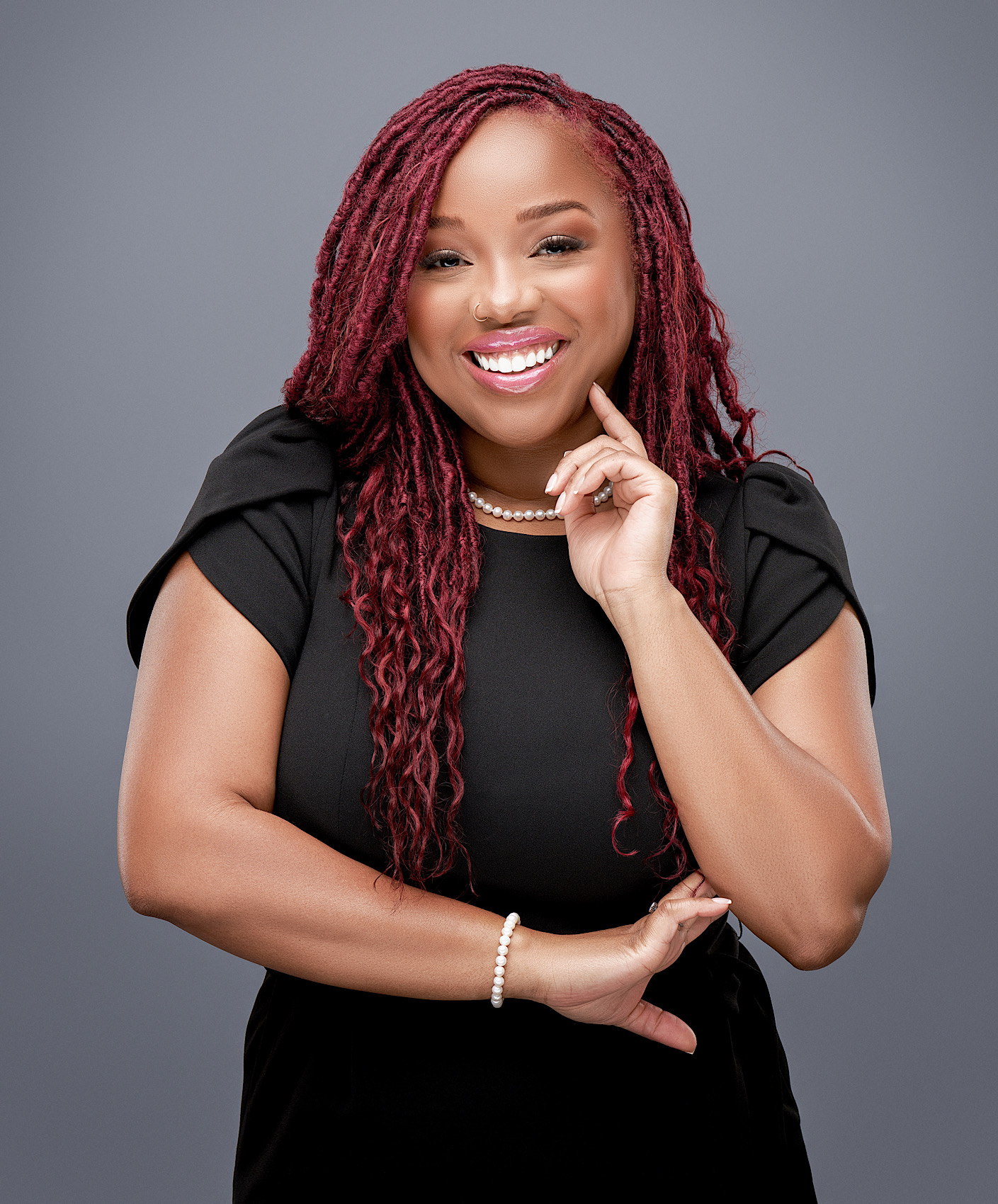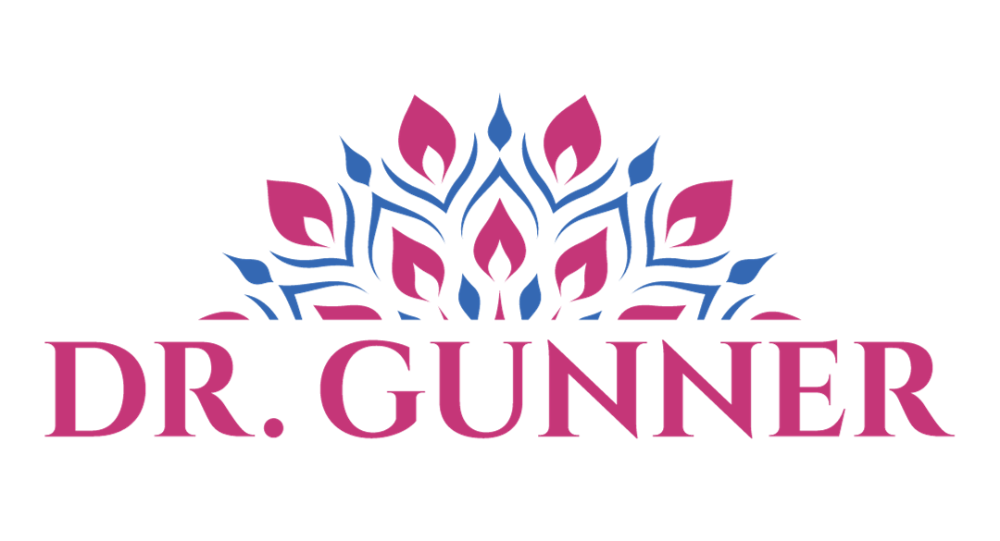How Values and Self-Prioritization Transform Work-Life Balance
Feb 03, 2024
Welcome to my little corner of the internet—a dance between parenthood and meeting the demands of professional life. If you're a mom, parent, caregiver, or ally, all in for finding balance in the whirlwind of responsibilities, you've found your place. Life is far from linear and often weaves us into the threads of work, family, and personal well-being, challenging us to master the art of balancing it all.
Come along as we explore the nuances of this balancing act, navigate the maze of burnout, and uncover the art of fostering a nurturing environment for moms, parents, caregivers, and allies. Let's embark on this adventure where stories are shared, tips are traded, and the imperfect beauty of our journey is celebrated.
Values as the Compass
When I embarked on my parenting journey, I had no clue about my values or how to craft them. Like many moms, I navigated parenthood based on my own upbringing, societal expectations, and my experience as an educator. The results were passable, but self-doubt lingered, and I often found myself questioning, "Am I doing this right?" This uncertainty led me down the path of comparison, adopting bits and pieces of others' parenting styles. Embracing your values in parenting defines your unique path, serving as your personal compass, and only you can gauge its effectiveness.
What Are Values?
They are the guiding principles in your life, shaped by beliefs, upbringing, and intrinsic feelings about what truly matters. While external influences play a role, values are fundamentally rooted in your core identity—the things that matter even when no one is watching.
As a parent, one of my paramount values is being present with my children. This translates into slowing down, offering my undivided attention as they return home, engaging in their interests, and simply being there for them. This value reflects my genuine care for them as individuals. The impact of values goes beyond ourselves; it inspires those around us. My co-parent acknowledges the gratitude in understanding the importance of being present with our children.
3 steps to create your values:
- Reflect on different life areas and what shapes your beliefs.
- Identify core principles (integrity, professionalism, being present with children).
- Connect your values with goals and take aligned action.
In my professional setting, I reflected on a word colleagues often attributed to me: professionalism. Professionalism encompasses various values—ethics, integrity, accountability, adaptability, appearance—all essential components. Growing up, my mom emphasized our presentation to the world, instilling the belief that it reflected her as a parent. This value, passed down from my grandmother, aimed at being perceived as worthy and equal to our peers. However, professionalism began to box me into a perceived character, hindering my authenticity. Undoing this belief, I discovered professionalism isn't a mold but an integral part of who I am. The journey continues, evolving with a deep understanding of accountability, punctuality, ethics, and integrity.
Top 15 Values
Wondering about your personal and professional values?
Here's a list of the top 15 values, a starting point to help you generate your own:
- Integrity
- Authenticity
- Resilience
- Compassion
- Balance
- Gratitude
- Generosity
- Accountability
- Continuous Learning
- Courage
- Teamwork
- Kindness
- Family
- Adaptability
- Independence
Harvard Business Review wrote an article about finding your values, defining your values, and using your values. They talk about how values can help you make decisions, guide your career, and live a happier life. Read more
Balance Through Internal Harmony
How many times have you found yourself in conversations about work-life balance, secretly rolling your eyes and thinking, "Yeah, right"? No worries, I can't witness your eye rolls through the screen—lol. I get it, many parents doubt the possibility of achieving work-life balance. And it makes total sense. As moms, we're often the main act in the parenting circus—juggling doctor appointments, planning weekly meals, tackling the never-ending laundry, and the list just keeps growing. All this while working a full-time job and possibly caring for aging parents. It's like trying to catch up with an infinite to-do list.
The lightbulb moment hit me when I finally conquered my to-do list, only to realize I had no clue what to do with my newfound free time. That's when it dawned on me—the to-do list isn't the measuring stick for my balance, progress, or life satisfaction. As the saying goes, "If you're using your to-do list to gauge work-life balance, it's a losing battle."
The sought-after balance is internal—it commences with you recognizing what genuinely matters, what nurtures you, and when you require rest. A lot of us have grown up thinking that we can only take a breather when all other tasks are handled. Yet, we've also faced the harsh truth that there's always more to be done.
What is Work-Life Balance?
Work-life balance is the equilibrium sought between professional responsibilities and personal life, spanning family, social, and leisure activities. It involves managing time and energy to fulfill work duties while addressing personal and family needs, pursuing hobbies, and maintaining overall well-being.
Achieving and Maintaining Work-Life Balance:
Achieving balance has required me to unlearn the idea that everyone outside of me must be taken care of first before I can take care of myself. A value in my balance journey is self-prioritization, a crucial component of work-life balance. It involves placing a high value on one's own well-being, needs, and personal fulfillment. As a parent, this is nuanced. In my burnout recovery journey, I learned that eating my food while it’s hot is important to me. As the one cooking dinner and making plates for everyone else, by the time I’d sit down, my food would get cold. Actively, I’ve started eating as soon as I finish cooking—yes, eating and making my plate before the kids. Many times, my kids are not really ready to eat when dinner is finished. So instead of begging and rushing them to eat so that I can eat while the food is hot, I eat first. On the days that we do all eat at the same time, I’ve established the boundary that once I start eating, they allow me to finish eating my food before asking for seconds or dessert. And they’ve learned to respect that boundary.
Benefits of Self-Prioritization:
- Preventing Burnout: Avoiding burnout by prioritizing self-care, taking breaks, and engaging in joyful activities.
- Setting Boundaries: Establishing clear boundaries between work and personal life, resisting constant work intrusion, and saying no when needed.
- Maintaining Mental Health: Prioritizing mental health through seeking support, mindfulness, and addressing stressors.
- Pursuing Personal Goals: Allocating time for personal goals and passions.
- Promoting Long-Term Well-Being: Contributing to long-term well-being, leading to increased job satisfaction and improved relationships.
In our caregiving devotion, defining balance becomes personal, unique to each mom, and interconnected with our boundaries or lack thereof. As I share insights from my 4.5 years in this field, I acknowledge the correlation between our imbalances and the boundaries we establish. Here are three ways to create more balance:
3 Ways To Create More Balance:
- Identify overwhelming or imbalanced areas.
- Clarify priorities and establish boundaries to protect time and energy.
- Create a flexible routine allowing adaptability.
Whole Life Challenge talks about how balance is relative, evolving and dynamic. I couldn’t agree more. Some key takeaways are that each person’s struggles are unique, redefine your priorities, and balance is personal. Read more
Join the conversation on redefining balance for moms and caregivers. Discover valuable insights and heartfelt stories on our blog. Need personalized support? Contact me at www.ambergunner.com to start your journey toward a more harmonious life.
Dr. Amber Gunner, a Balance Strategist and Workforce Engagement Consultant, is a leading practitioner and advocate for empowering working moms to achieve work-life balance and succeed in both their personal and professional lives. With a deep understanding of the challenges faced by working moms, Dr. Gunner is dedicated to providing the tools, resources, and support needed to help them avoid parental burnout and thrive without sacrificing their well-being.

